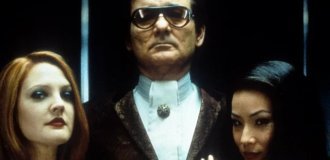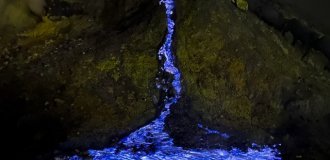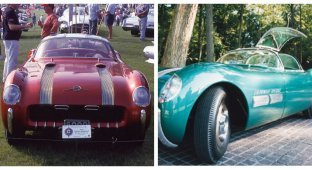How did an English pirate introduce a special drink to the world? (7 photos)
It seems that robbery and research are poorly compatible things. But this man managed to show himself successfully in both directions. 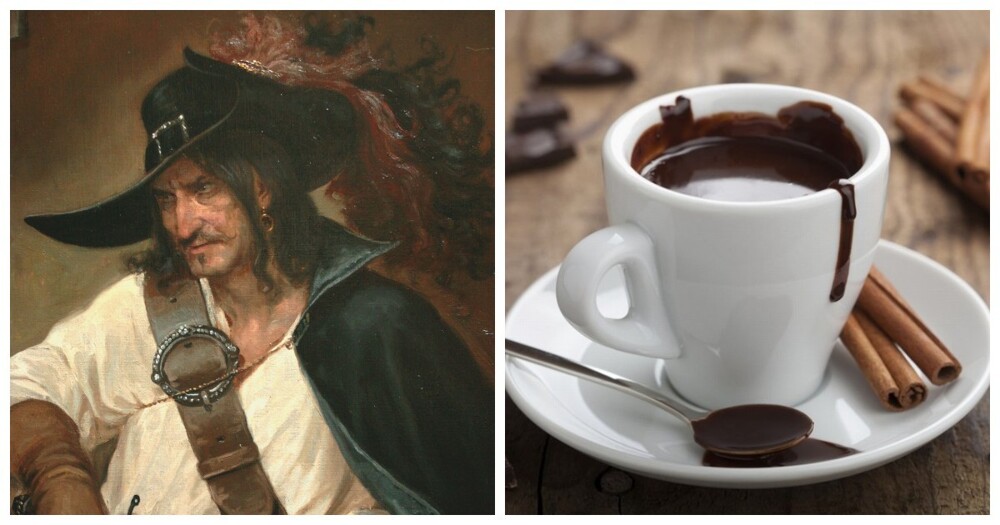
True, the experience accumulated over the years of turbulent youth, William Hughes generalized already in his old age. But the fact is amazing: the formidable pirate was also a keen botanist. 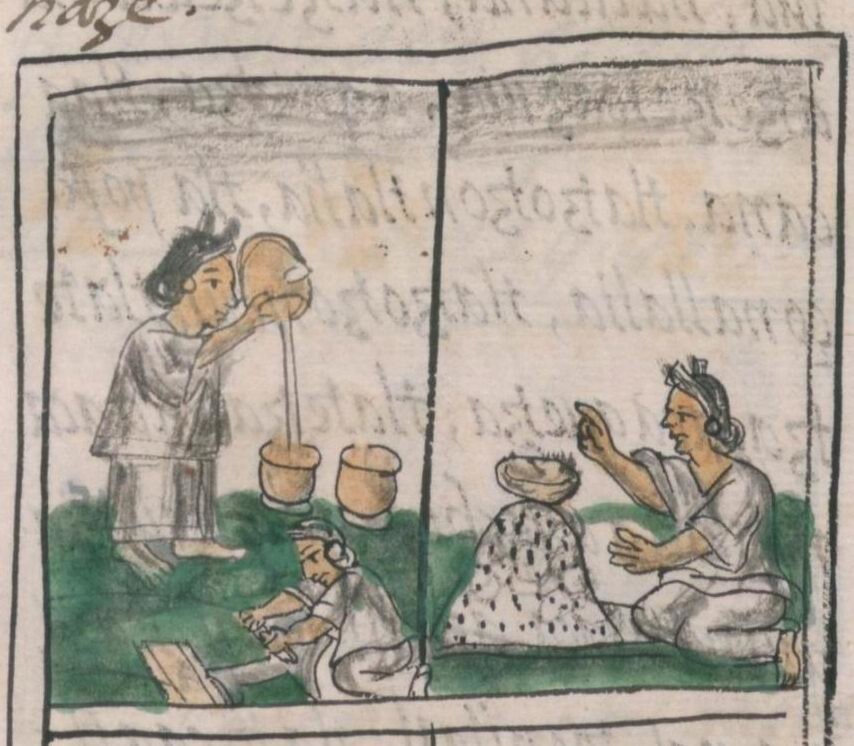
Cooking cocoa
It all started with the fact that in the 1630s he came to the New World. A with in terms of botanical wonders it was a true paradise. True, there the Spaniards were operating with might and main, but the ambitious Hughes wanted a little put them on a pedestal.
At the beginning of his "creative" path of privateering, William worked ordinary sailor. And he did a monotonous and monotonous job. In including explored coastal zones, at the same time eagerly absorbing information about the amazing plants of the new earth. 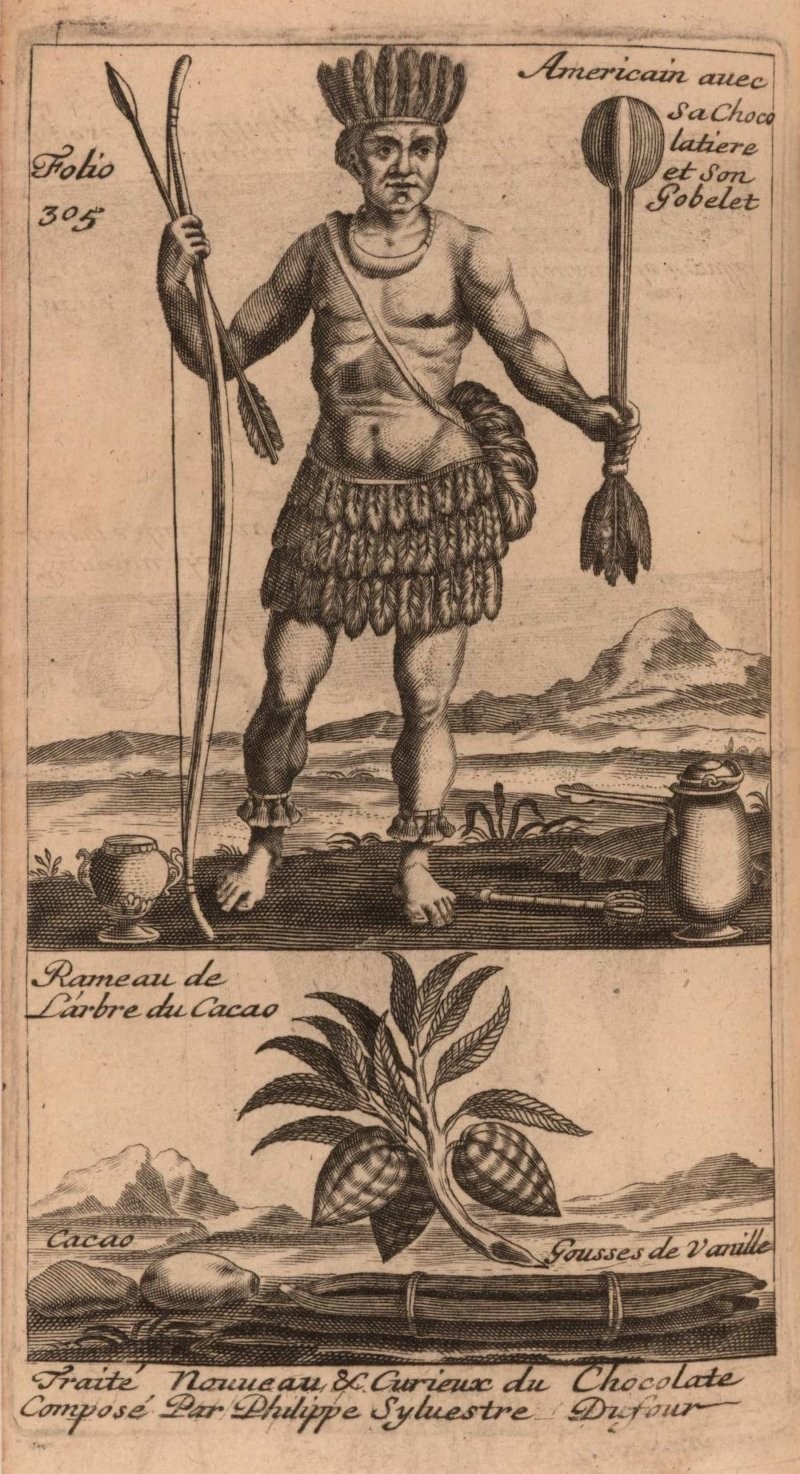
In 1672 he published a treatise on the botany of the New World American Physitian, in which he described the pear, lime, sugar cane. But the icing on the cake was the main component of hot chocolate - drink so wonderful and bewitching that Hughes no doubt called his American nectar.
Europeans were introduced to cocoa by Columbus, who accidentally discovered local pods that looked like almonds. But it was Hughes who did description in English. Indigenous people of Central America used chocolate since ancient times, approximately from 1400 to AD, as evidenced by archaeological finds. Cocoa crushed, diluted with water and drunk. On special occasions - at ritual ceremonies, honey, fruit and berry juices, and vanilla were added to the drink. 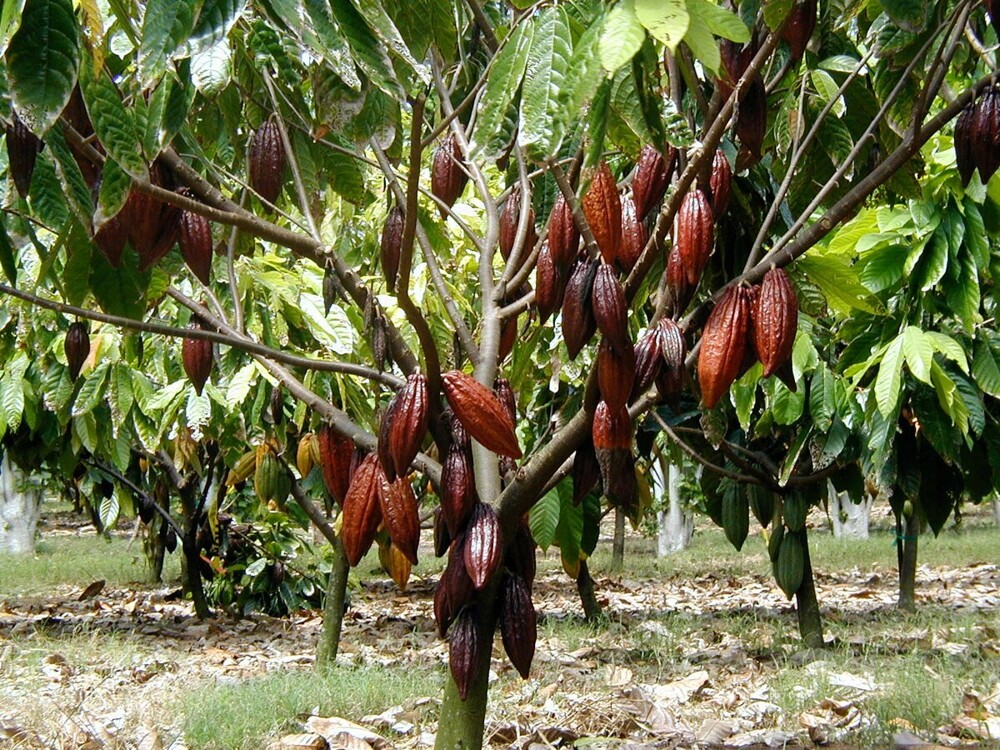
At first, Europeans were not inspired by hot chocolate from the word quite, they say, some kind of swill for animals (apparently, he still played the role of a factor in the feeling of one's own superiority). 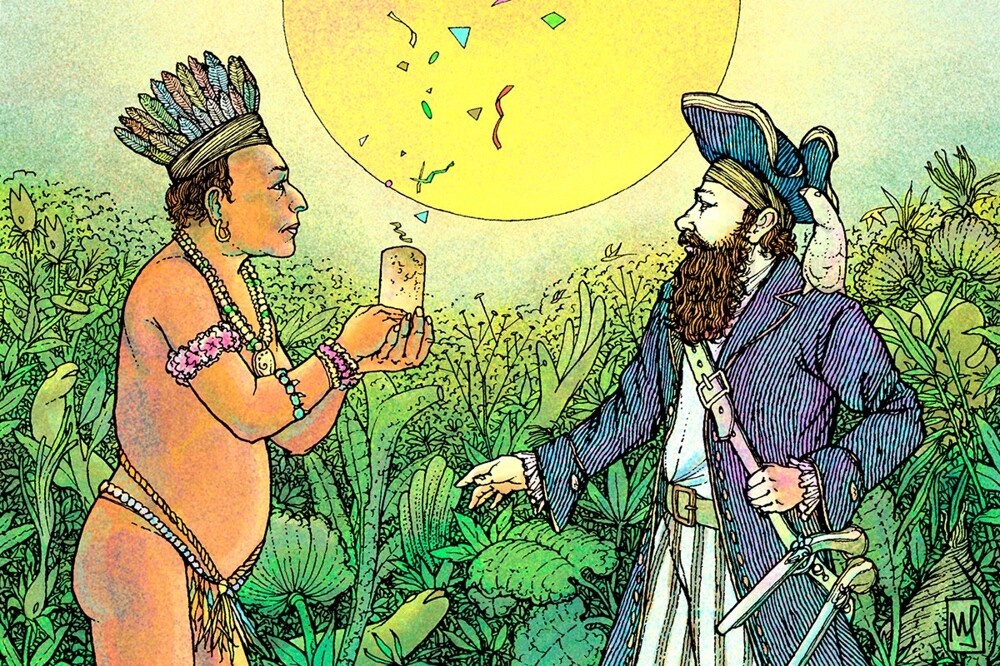
But by about the 1600s, the situation in Spain was fundamentally has changed. And by the time the English privateer went to America, Spaniards have already developed a strong habit and tradition of using cocoa. And in many ways the popularization of hot chocolate among the British contributed to the work of Hughes. In the treatise, he described several recipes drink that can satisfy the tastes of both adherents of the classics and exotic lovers. 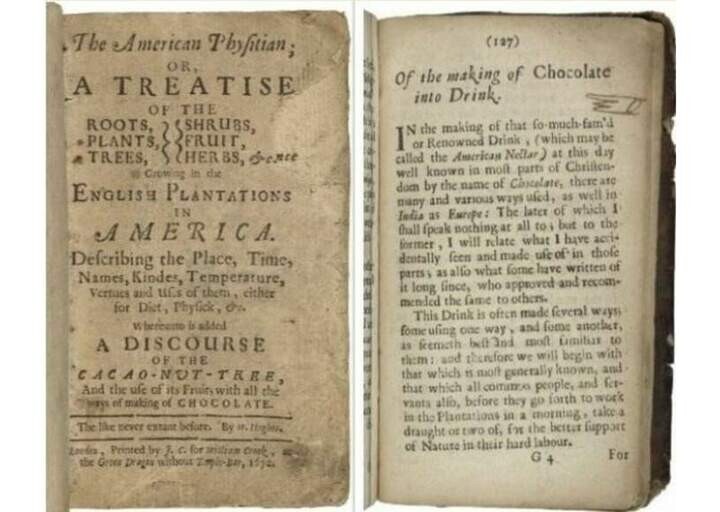
Hughes book
These were options that included, in addition to water, sugar and milk components such as eggs, flour, vegetable oils, a variety of spices. Contemporaries call Hughes a chocolatier pirate. And although his merits can not be ignored, yet the real authors of hot chocolate are the obscure Native Americans who have watched the simple wonders of nature and learned to use her gifts without harm to her and for his own benefit. 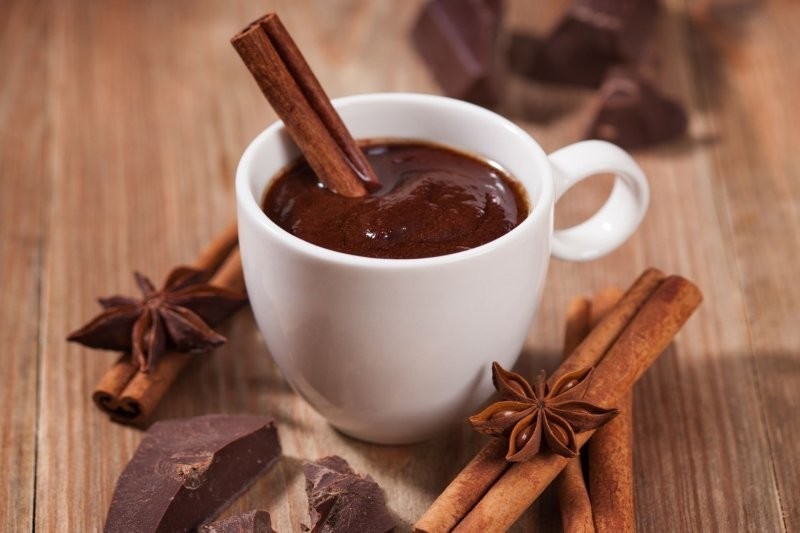
Do you like cocoa? Or do you prefer tea or coffee?




